Monika Mourer reviews God’s Own Country, a film lauded as the Yorkshire Moors’ answer to Brokeback Mountain. Showing in the cinema from Friday 6 – Thursday 12 October, tickets are available to book online or via our Box Office.
No-one does bleak quite like British independent cinema, and with God’s Own Country first time director Francis Lee is the latest to venture into that particular territory. But this tale comes with a twist – it’s a story of gay love and redemption on the Yorkshire moors.
In the opening scene, a murky dawn breaks over a solitary farmhouse from which a single light shines – symbolic of the isolation, and precursor of the hope that is to come. Before we know it, we see a man vomiting and spitting up the previous night’s excesses. Johnny Saxby (Josh O’Connor) is running his father’s farm under the flinty and unforgiving eye of his grandmother (Gemma Jones) and pitiful direction of his disabled father (brilliantly played by Ian Hart). He gets up, pisses, drinks milk, goes to work, goes out, gets drunk. His world seems saturated; sodden with rain and filled with mucous, bodily fluids, blood and mud. Life seems unbearably hard and unfair. At one point we are shown a trapped Magpie flitting about in a cage; like Johnny, it is unable to escape its predicament.
Living such a brutally lonely existence, Johnny’s human interactions are limited to terse, monosyllabic conversations with those he knows or silent sex with those he doesn’t. His only moments of tenderness are reserved for his animals, when he speaks to them softly, or runs a gentle hand along their flank. Much is made of the hands here – they can express so much when words are absent.
So when Romanian farmhand Gheorghe arrives for a week to help with lambing, Johnny treats him with the same brutality he reserves for all other humans: “Gyppo”, he spits. “Faggot”. And although his English is excellent, Gheorghe isn’t much of a talker either: “Freak,” he answers back. His hands too, do the work, sweeping mucous from the airways of the new-born lambs and gently rubbing them into bleating bundles of life.
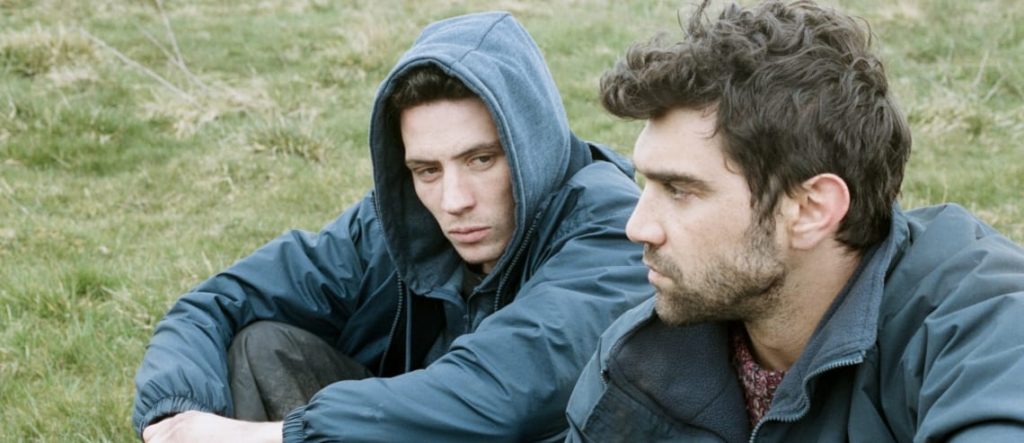
Tending to the sheep and camping in a deserted cottage up on the rain-hammered, wind hewn moors, the antipathy between the two turns quickly to lust and before you know it, they are writhing around in the shit and the mud in an unrestrained depiction of urgent sex. But Gheorghe insists on more than just animalistic passion; he offers tenderness, kissing and caressing. With this he brings Johnny back to life in the same way he does the lambs. Johnny is drawn out of his despair and is even reawakened to majesty of the landscape, which for so long has been his prison.
Much of God’s Own Country is expressed through imagery rather than dialogue, so when words – between Johnny and Gheorghe and Johnny and his dad – are finally found they are all the more powerful for it. This is a film that may have won awards for its depiction of a gay romance but ultimately it isn’t political at all. Rather it is about the transformative power of love.
Monika Mourer
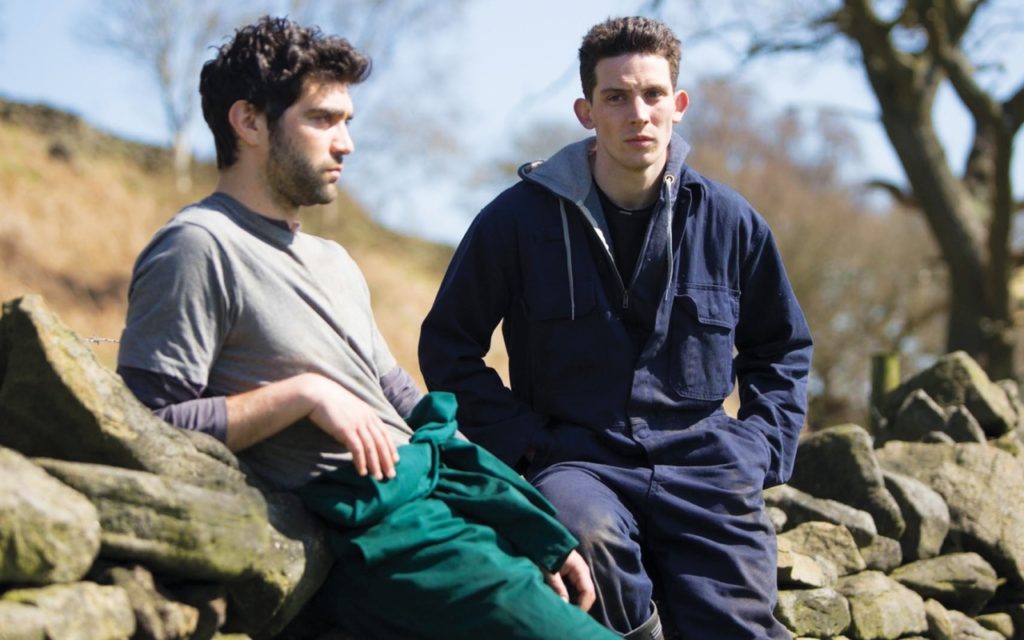

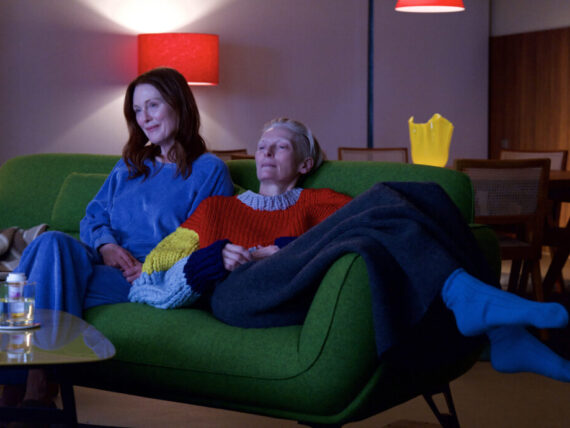

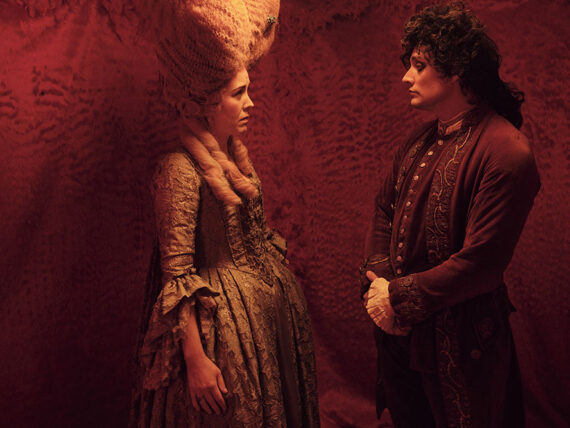
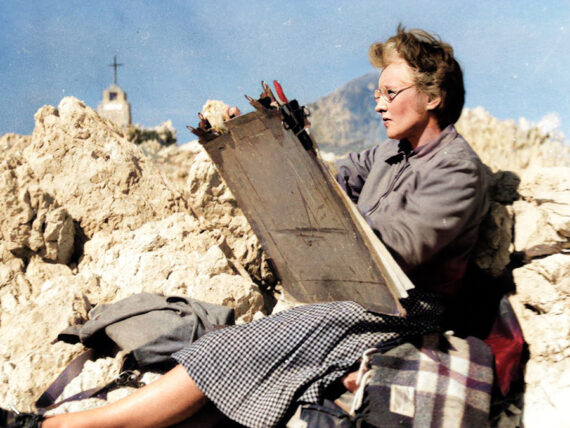

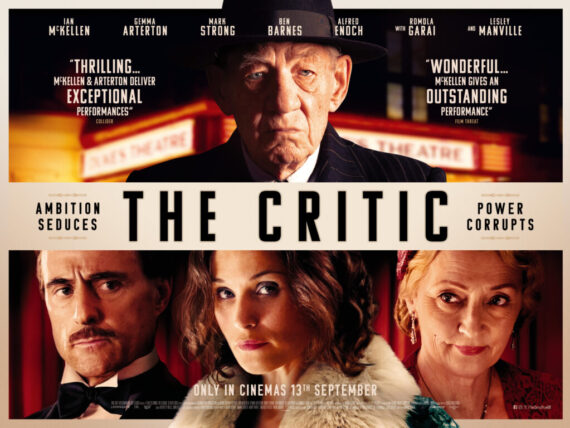
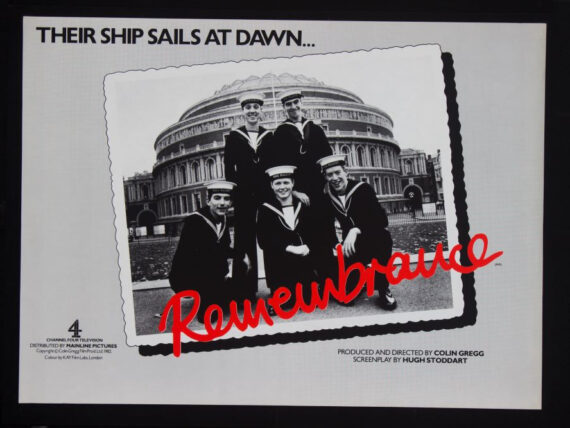
Comments
Comments are closed.